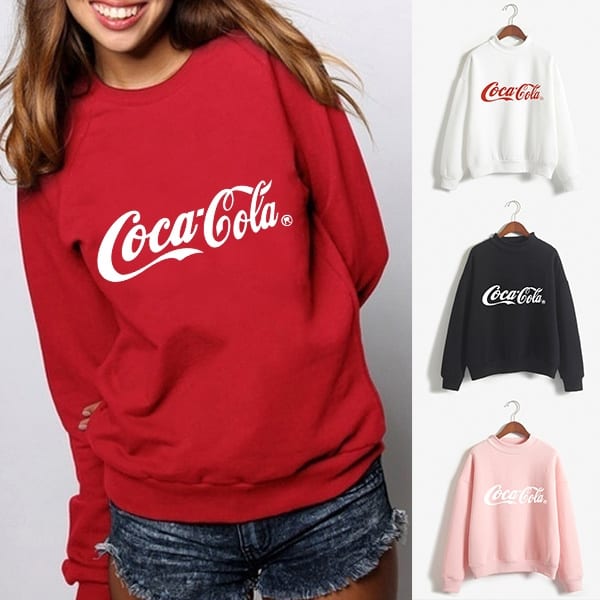Brand Licensing Basics: What You Need to Know
IMC Licensing
March 22, 2021

Our team has been busy working on some exciting new client projects. In between the pitches and licensing 101 projects, I realized how important it is for our clients to understand the basic structure of a licensing deal. In traditional marketing and business courses, tactics such as advertising, PR, email marketing, and social media are covered extensively, but very few cover licensing. Since licensing is not covered in the school curriculum, knowledge of licensing and its strategic applications to the marketing mix is far and few between.
There is a common misconception that often comes up in our conversations with brand marketers. We find that brands often confuse brand collaborations for brand licensing deals – when in reality – they are two different playing fields. It’s in those moments that the basics of licensing are more valuable than ever. So, we’re bringing them to the blog!
Brand Licensing Basics
A brand licensing partnership includes a Licensor and a Licensee. The Licensor is the owner of the IP (or Property) – think Coca-Cola. The Licensee is typically a manufacturer – think a t-shirt manufacturer. The Licensor allows the Licensee to use their IP/Property. The Licensee develops a new product utilizing the Licensor’s IP/Property.

In exchange for using the Licensor’s IP/Property, the Licensee pays the Licensor a royalty; this can be a flat fee or a percentage of the revenue earned. (learn about the basic of royalty accounting).
Both parties can benefit from a licensing partnership. The Licensor gets to enjoy the benefit of increased brand visibility, and the licensed product ideally generates greater demand for the core product. The Licensee has the opportunity to increase sales or revenue because their product is branded with the Licensor’s IP/Property, a well-known brand that consumers know and trust.
Typically, the Licensee takes on the responsibility of product development, manufacturing, sales, and marketing. They are solely responsible for getting the product to market. The Licensor reviews and approves all brand uses: packaging, the product (look, feel, taste, functionality, etc.), distribution channels, and sales and marketing materials.
For the purpose of this post, I have oversimplified a licensing deal down to the need-to-know basics. Licensing deals can be very complex, and no two programs are the same. If you have more questions or want to learn more about how a brand licensing agent can help your business, please reach out. We are always happy to help!
If you are looking for more information about licensing deals and deal terms, please check out some of our other blog posts. Licensing International is a great resource, as well.

